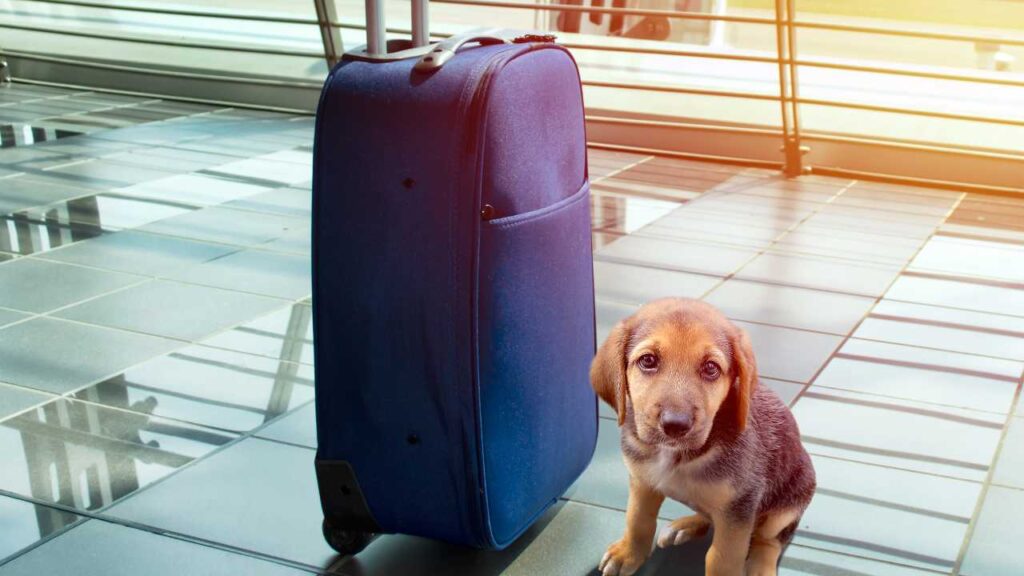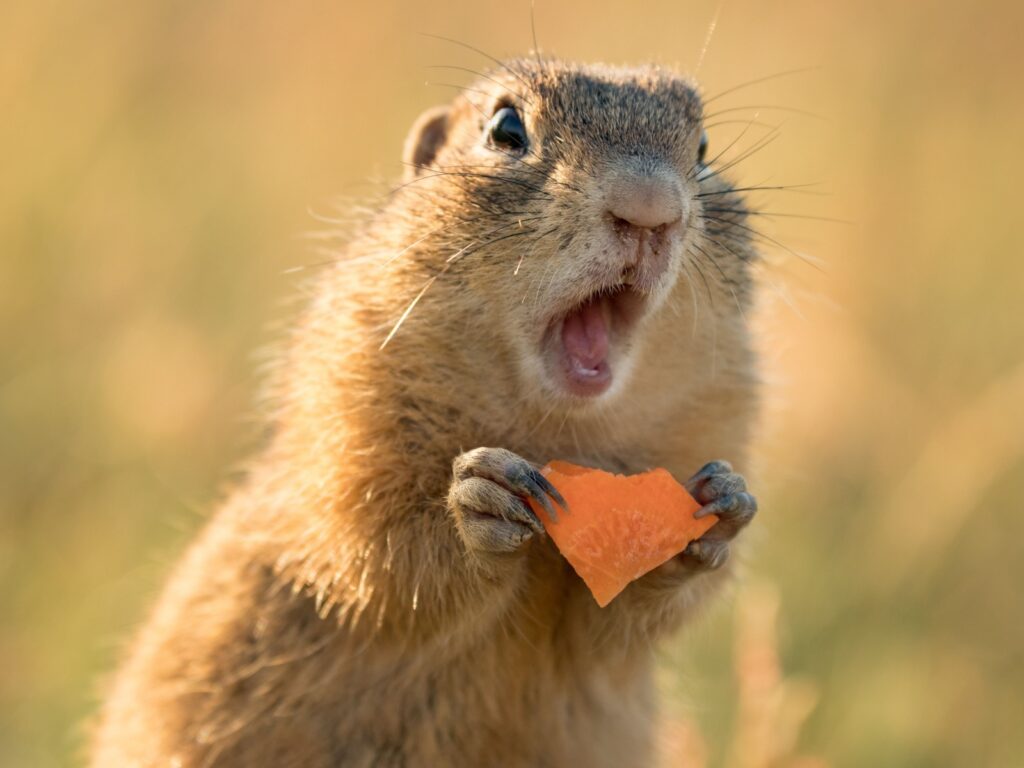Traveling with your furry friend can be an exciting adventure, but it also requires careful planning and preparation. With the right knowledge and tools, you can ensure that your pet stays safe, comfortable, and happy throughout your journey. Here are 11 essential tips to make pet travel a stress-free experience for both you and your beloved companion.
1. Choose the Right Carrier
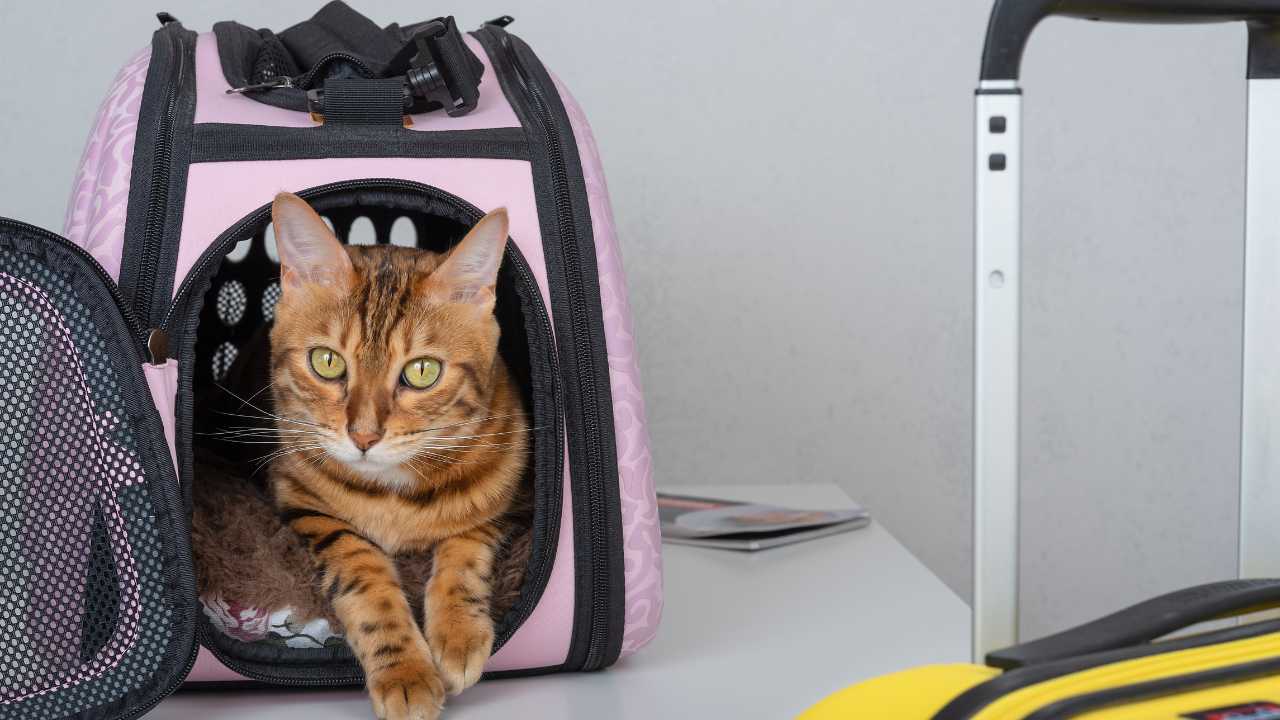
Investing in a high-quality, well-ventilated carrier is crucial for your pet’s safety and comfort during travel. Make sure the carrier is large enough for your pet to stand, turn around, and lie down comfortably. It should also have a secure latch and be labeled with your contact information.
2. Get Your Pet Used to the Carrier
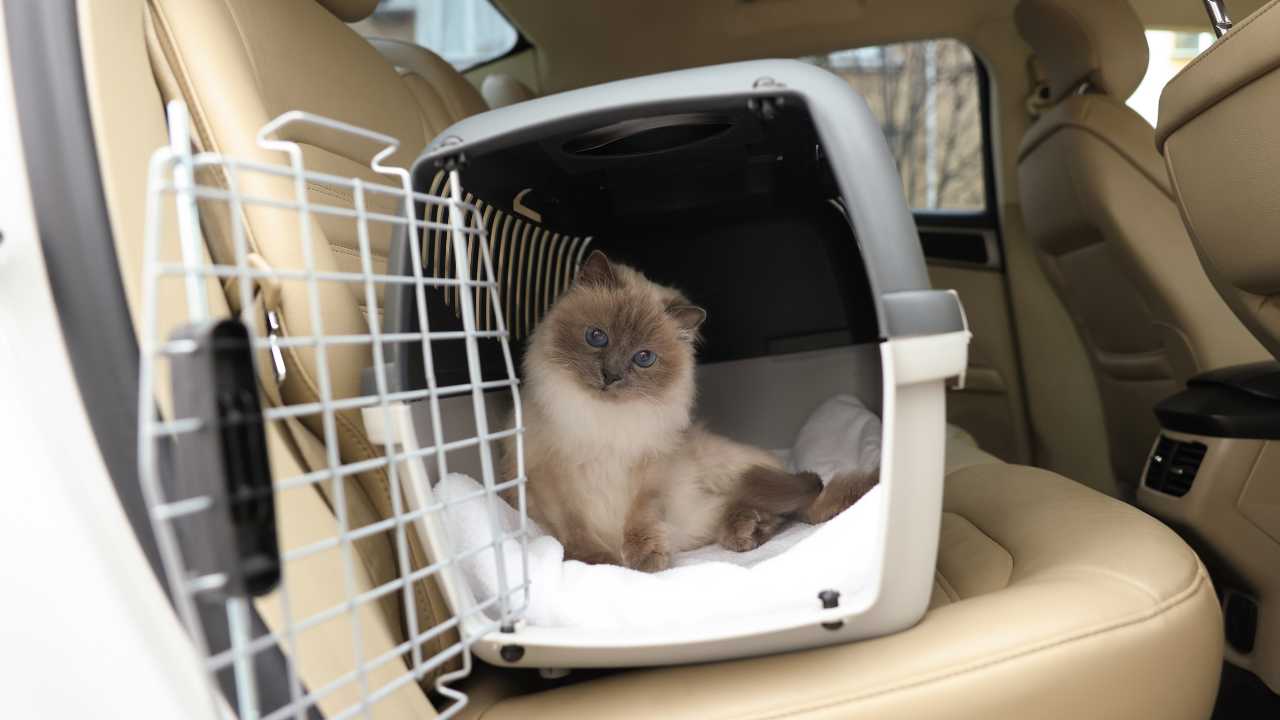
Introduce your pet to the carrier well before your trip. Leave it open in a familiar room with treats and toys inside to encourage exploration. Gradually increase the time your pet spends in the carrier, and take short car rides to help them adjust to the motion.
3. Check Your Destination’s Pet Regulations

Research your destination’s pet regulations, including any required vaccinations, health certificates, or quarantine periods. Some countries have strict rules for importing animals, so it’s essential to plan ahead and ensure you have all the necessary documents.
4. Schedule a Pre-Travel Vet Visit

Before your trip, schedule a visit with your veterinarian to ensure your pet is healthy and up-to-date on vaccinations. Your vet can also provide advice on motion sickness prevention, anxiety management, and any destination-specific health concerns.
5. Pack a Pet Travel Kit
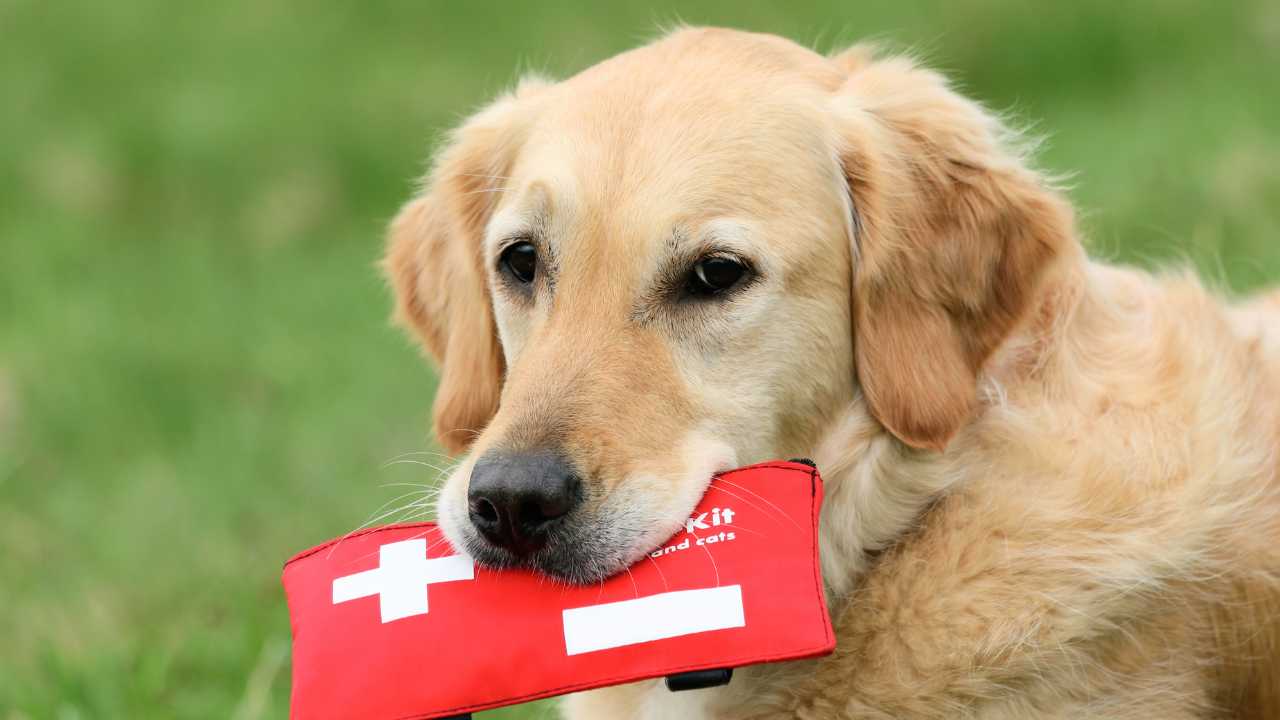
Prepare a travel kit for your pet that includes food, water, bowls, waste bags, a leash, and any necessary medications. Don’t forget to pack a few familiar items, such as a favorite toy or blanket, to provide comfort and reduce stress.
6. Keep Your Pet Safe in the Car
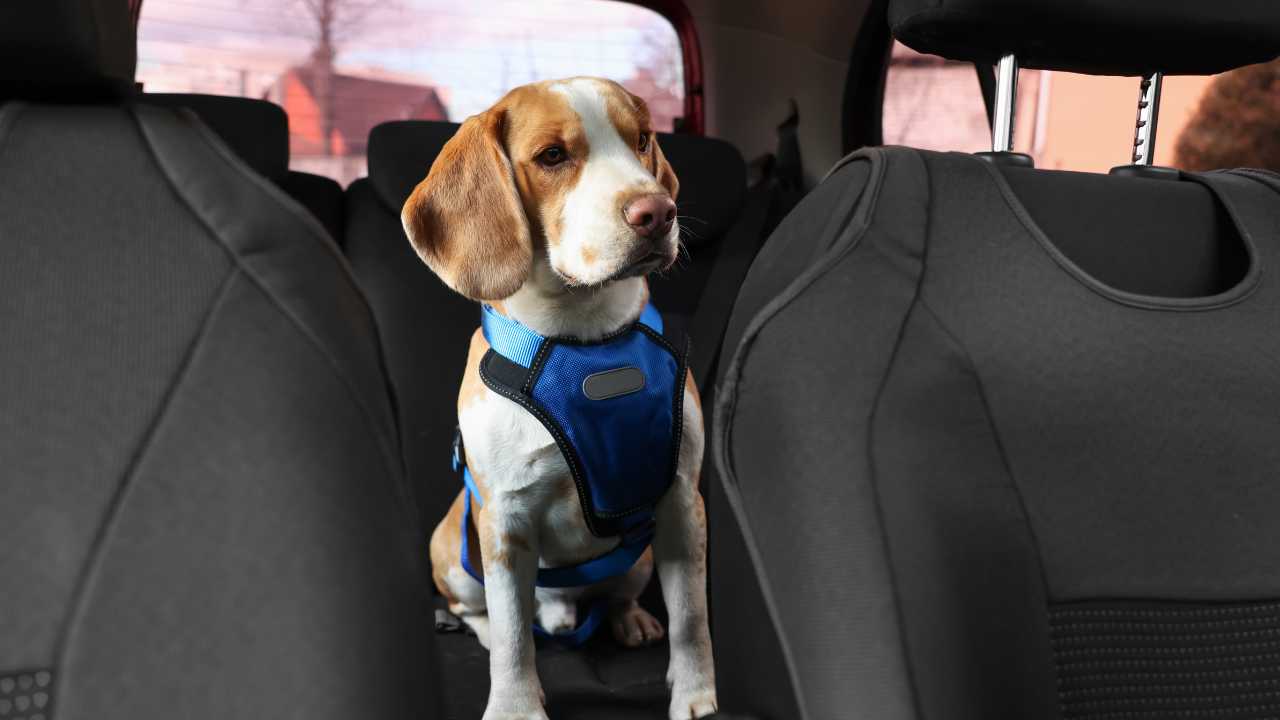
When traveling by car, secure your pet’s carrier with a seatbelt or place it on the floor behind the front seats. Never let your pet roam freely in the vehicle, as this can be dangerous for both your pet and other passengers. Take frequent breaks for exercise, water, and potty time.
7. Be Prepared for Air Travel
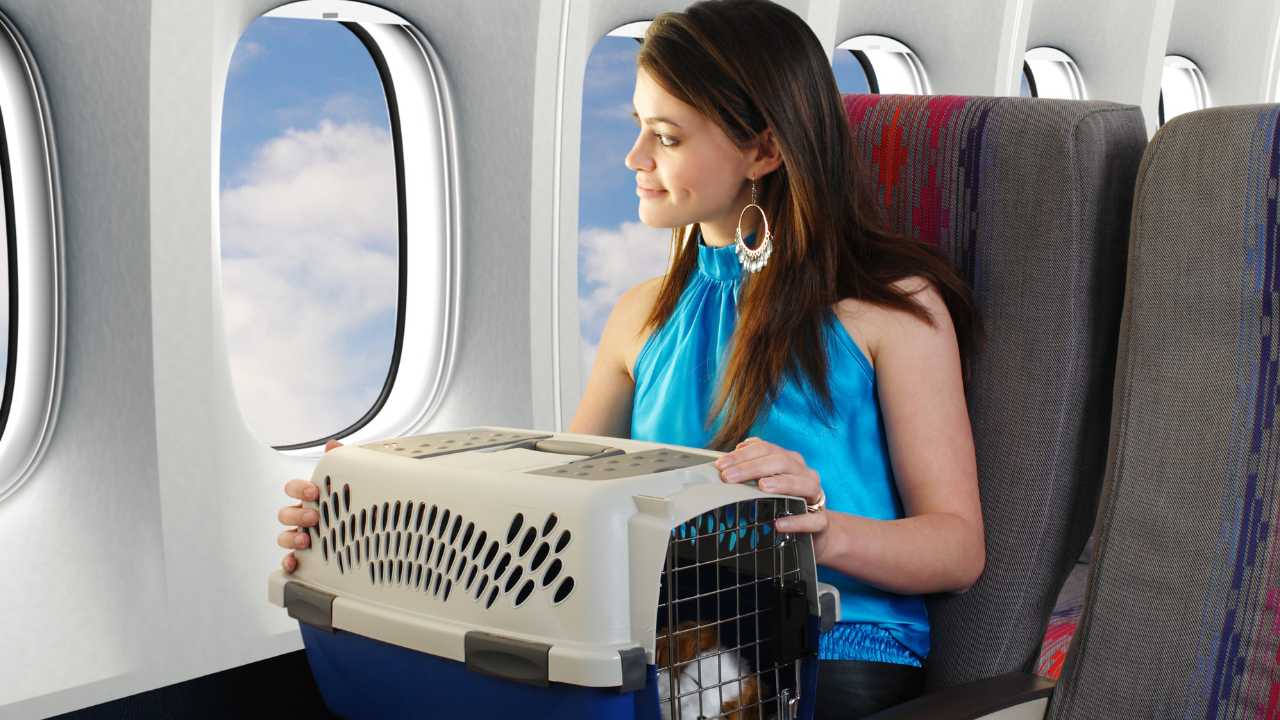
If you’re traveling by plane, familiarize yourself with the airline’s pet policies and requirements. Book direct flights when possible to minimize stress and transfer times. Avoid peak travel times and extreme temperatures, which can be dangerous for pets in the cargo hold.
8. Find Pet-Friendly Accommodations
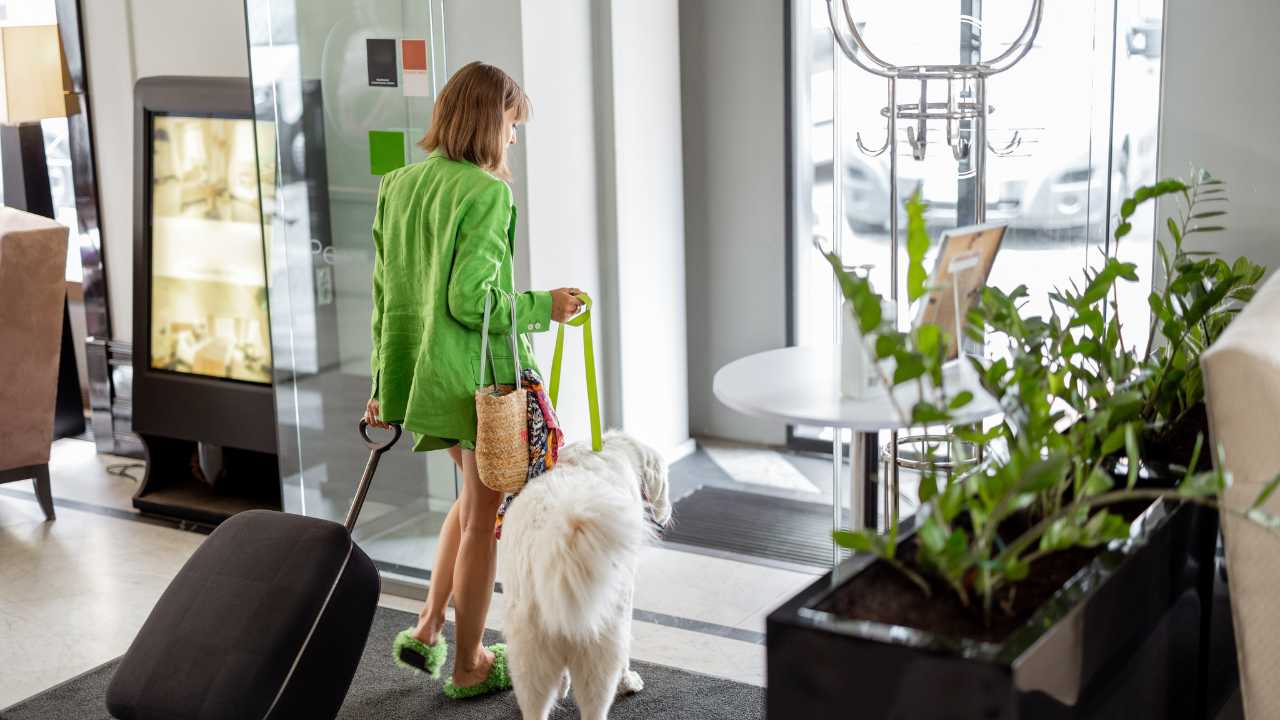
When planning your trip, look for pet-friendly hotels, vacation rentals, or campsites. Many accommodations now offer special amenities for pets, such as beds, bowls, and treats. Always inform the staff about your pet and respect any rules or restrictions.
9. Maintain Your Pet’s Routine
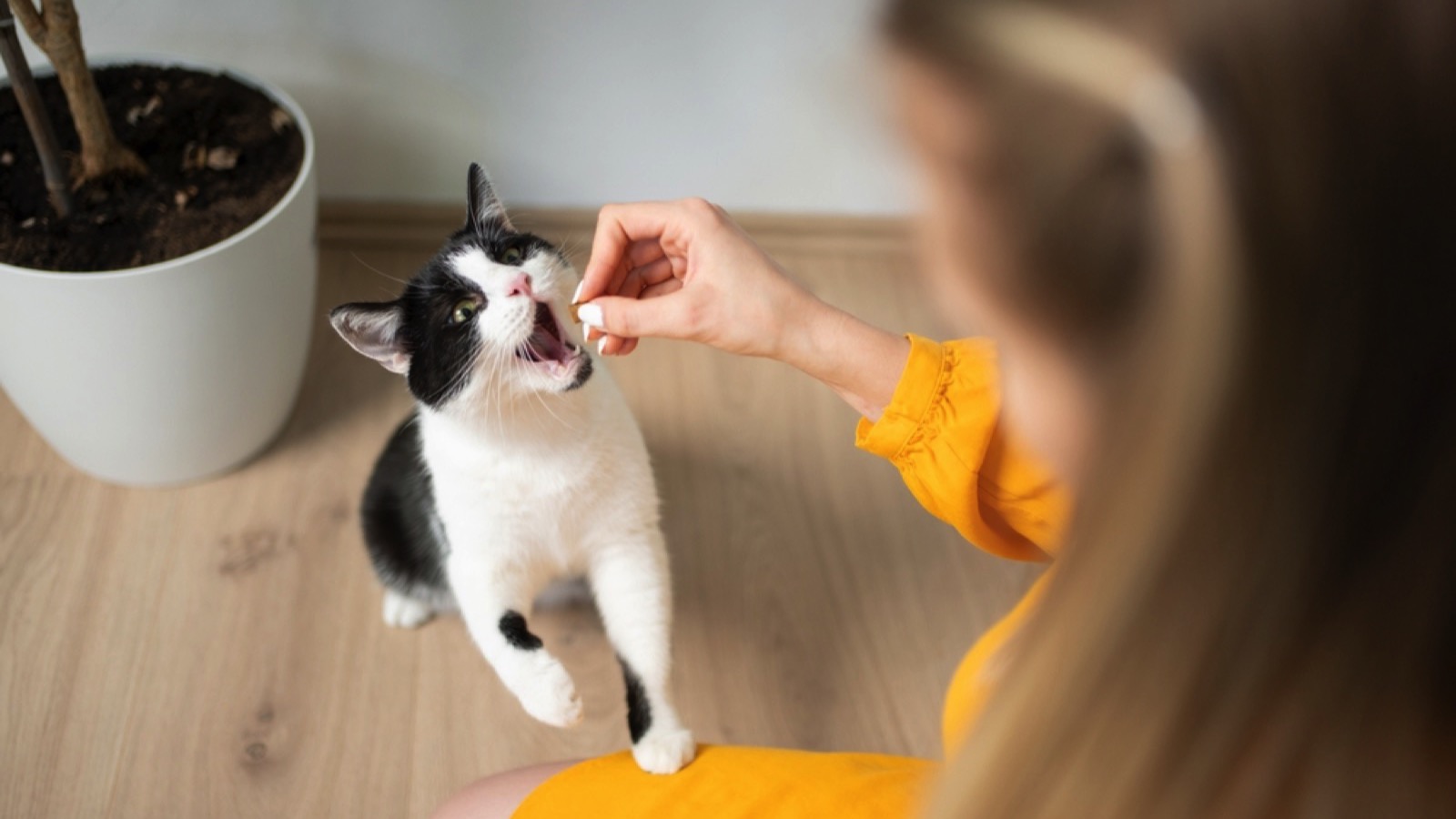
Try to stick to your pet’s regular feeding and exercise schedule as much as possible during your trip. Consistency helps reduce stress and prevent digestive issues. If you’re crossing time zones, gradually adjust your pet’s schedule a few days before your trip.
10. Keep Your Pet Hydrated

Dehydration is a common concern during pet travel, especially in hot weather or on long trips. Offer your pet fresh water frequently, and consider using a portable water bottle or collapsible bowl for on-the-go hydration.
11. Have a Backup Plan

Despite your best efforts, unexpected events can happen during pet travel. Have a backup plan in case of emergencies, such as a list of veterinary clinics along your route or at your destination. Consider purchasing pet travel insurance to cover any medical expenses or trip cancellations.
Becky is a fervent wildlife enthusiast and pet care expert with a diploma in canine nutrition. Her love for animals stretches beyond the domestic, embracing the wild tapestry of global fauna. With over a decade of experience in animal welfare, Becky lends her expertise to OutlandishOwl through insightful articles, captivating wildlife information, and invaluable guidance on pet nutrition. Her work embodies a deep commitment to understanding the intricate lives of animals and a passion for educating others on sustaining natural habitats. Becky's hands-on conservation efforts and her knack for translating complex dietary science into practical pet feeding tips make her an indispensable voice for creatures great and small.

